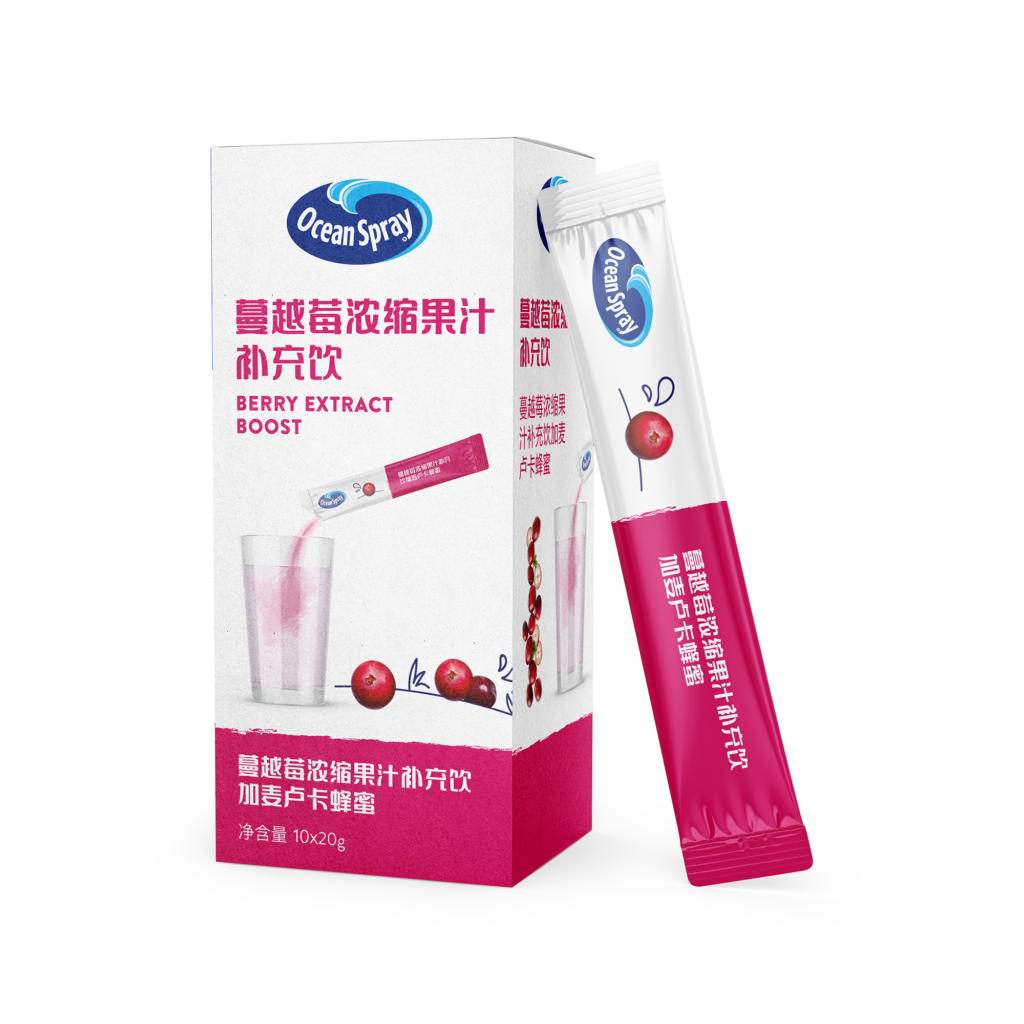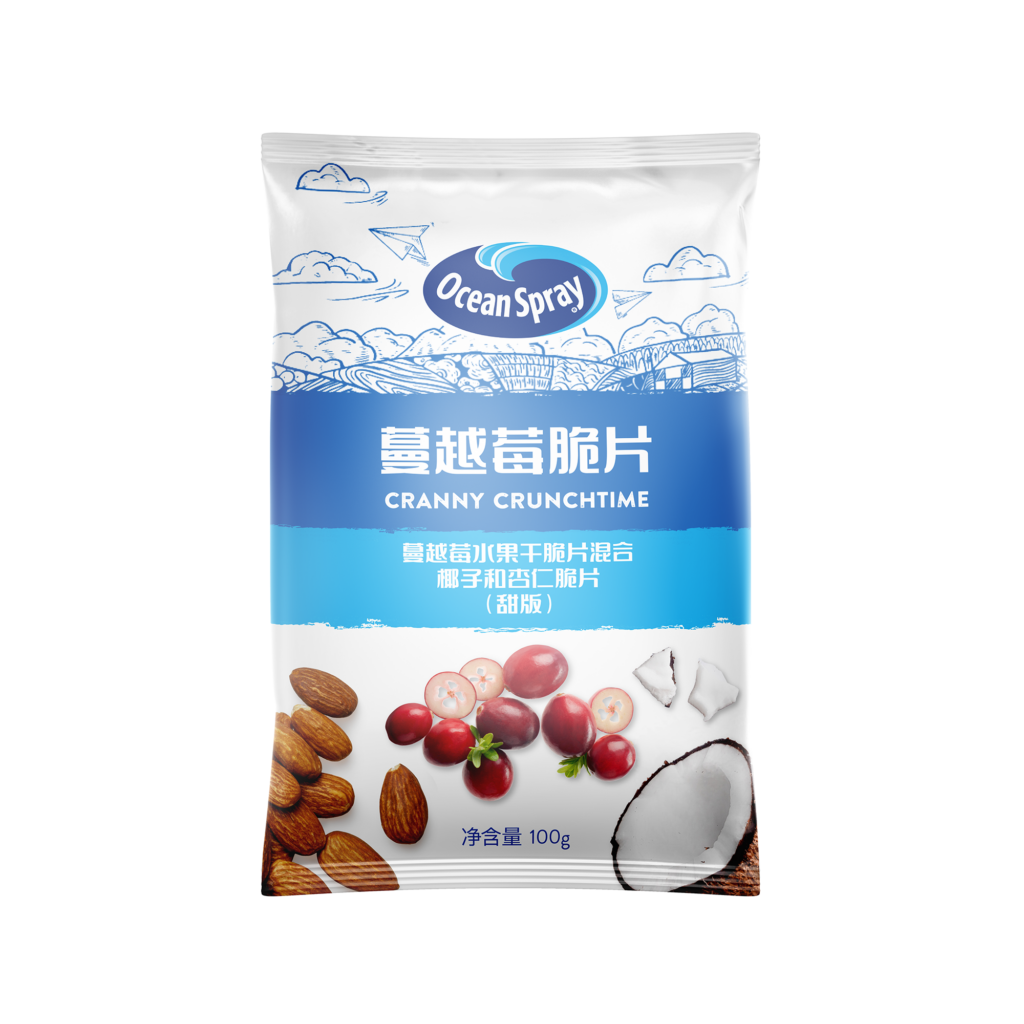Designing a New Strategic Portfolio to Accelerate Growth
One of the world’s largest beverage companies set an aggressive target of tripling the size of their business over three years through a unique portfolio expansion. Leadership expected much of this growth to come from China. To identify the right opportunities to accelerate growth in the market, the brand partnered with us.

Service
Insights, Strategy, Innovation, Design
Region
China
Industry
Food and Beverage
Approach
Over two stages, we worked together with stakeholders from across the client’s business worked together to develop brand positioning, new product concepts, product platforms, and a portfolio architecture. With each it was critical to create something that would address the needs of the market, align with the brand’s heritage parameters and business realities, as well as be differentiated enough to triple the size of the business.
Ultimately, we were able to accomplish what many would consider an impossible brief. That included market and consumer landscaping, competitive analysis, brand positioning, product platforms, and a portfolio architecture.
Deliverables
Desk research • Expert interviews • Home diaries and consumer focus groups • Shop-alongs • Segmentation • Need state analysis • Brand positioning development • Ideation workshop • Concept validation
Points of Difference
Brought concepts to life, in-house • Use of Human Motivator Framework • Emotional profiles of concepts • Insights, strategy, innovation, and design carried out entirely in-house


Stage one laid the groundwork for deciphering the market. This involved extensive work with both the local teams as well as headquarter teams in the United States.
- To begin, we worked with the client to fully understanding the category and consumer needs. We identified eight key trends happening in the space through extensive interviews with a wide range of stakeholders. We then took these learnings into consumer focus groups to gain a better understanding of behaviours, needs, and barriers.
- We also wanted to understand shopping habits among these consumers. Through both online and offline shop-alongs, we were able to determine the most salient decision-making factors during these shopping journeys.
- Finally, we combined all of these findings to identify the right consumer targets. We quantified consumer usage occasions and attitudes across different categories. Working with our statistician, we ultimately identified two key focal segments, along with opportunity spaces to prioritise. We also used our proprietary Human Motivator Framework to understand consumer emotional reactions to the current brand and where it could evolve.
Stage two is where internal engagement really came to life. Over four phases, we worked with our client worked together to develop brand positioning, product platforms, and a portfolio architecture.
- To land on the right positioning and platforms, we engaged local and headquarter teams in a series of ideation workshops. First, we brought China-based stakeholders into our Shanghai offices to immerse themselves in the lives of consumers through a full-day session. We used Empathy Maps and our unique Design Thinking Methodology to explore each potential platform and fully understand how consumers think feel, and behave. This led to a number of potential options, all of which we fully vetted by internal stakeholders.
- Next, we took these options and conducted a three-hour commercial viability workshop with the core client team. They were able to score ideas against a series of metrics, including global business, production, and supply chain priorities. The final shortlist of options was brought to life with packcepts to test with consumers.
- The final piece was testing these new products with consumers to create a new portfolio architecture, including revisiting our Human Motivator Framework to understand how each new product would tie into the overarching brand positioning. We used these results along with data from all previous stages to identify the most viable options. This ensured all recommendations would respond to the market, align with the reality of the client’s business, and be familiar with the client since they helped develop everything from the start.
